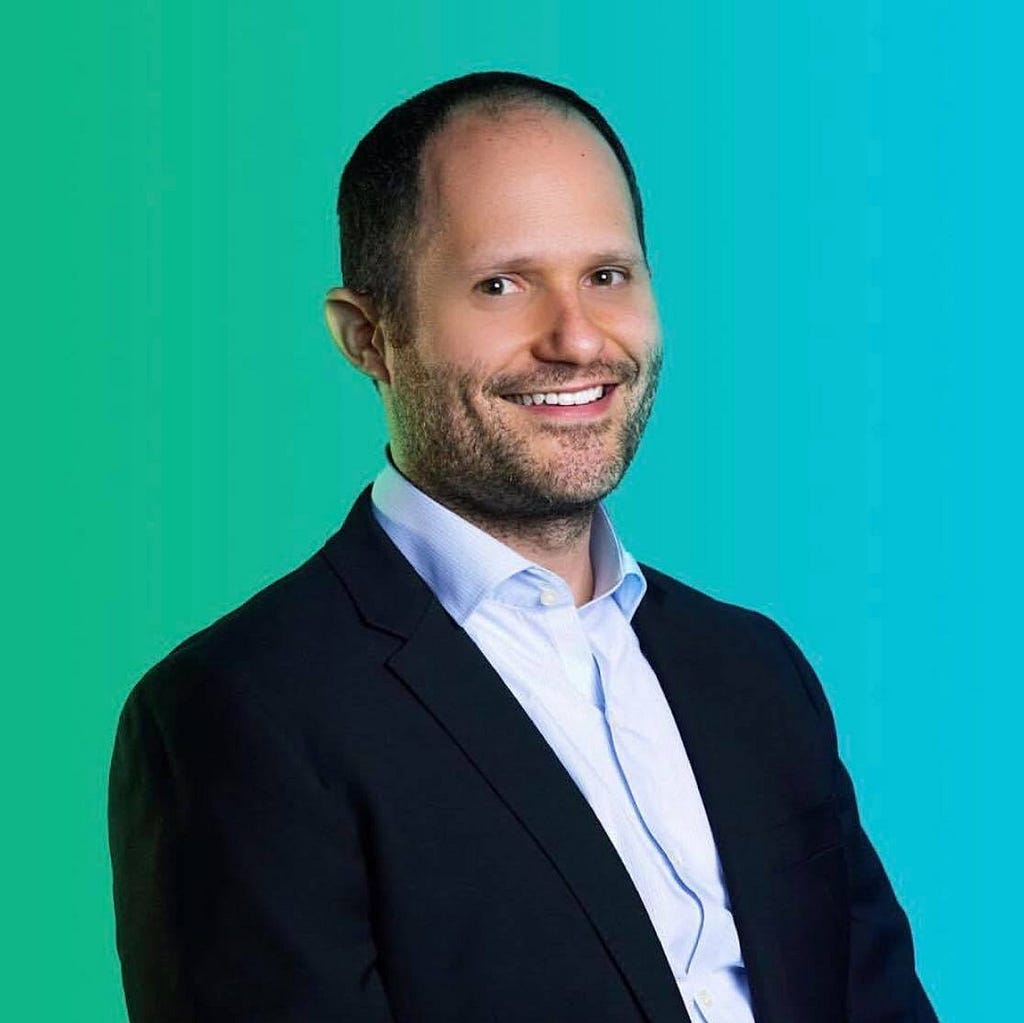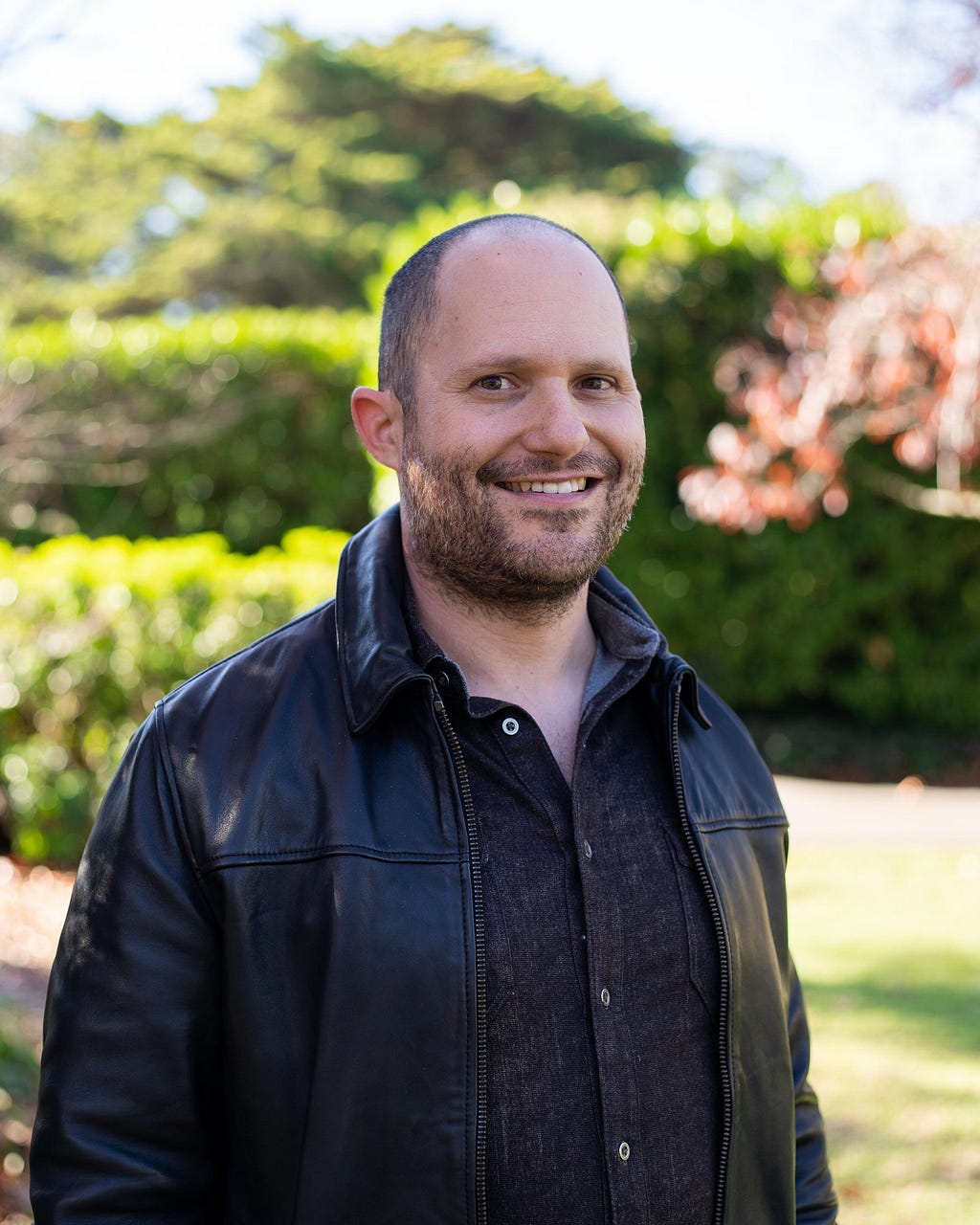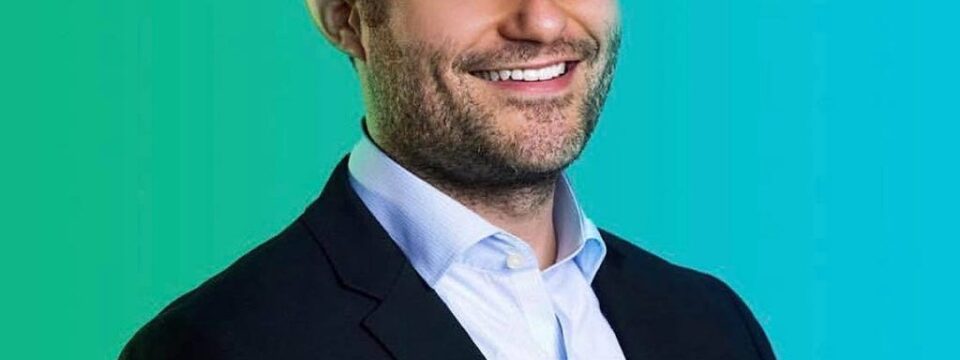Upstanders: How Bradley Caro Cook of CareerUpNow Is Standing Up Against Antisemitism, Racism, Bigotry, and Hate

Learn first — about the issues, the ongoing efforts. Connect with groups already in the fray. Begin small: advocate, participate, support. Each act builds the path to greater change.
An upstander is the opposite of a bystander. A bystander is someone who stands by while others are being bullied, maligned, or mistreated. An upstander is someone who stands up to protect and advocate for the victim. We are sadly seeing a surge of hate, both online and in the real world. Many vulnerable minorities feel threatened and under attack. What measures are individuals, communities, and organizations taking to stand up against Antisemitism, Racism, Bigotry, and Hate? In this interview series, we are talking to activists, community leaders, and individuals who are Upstanders against hate, to share what they are doing and to inspire others to do the same. As part of this series, we had the pleasure of interviewing Bradley Caro Cook.
Bradley Caro Cook Ed.D. is the executive director of Career Up Now and creator of MediateHate.ai. He is a seasoned social entrepreneur and Jewish educator from Atlanta, Georgia. Dr. Cook has extensive experience in running meaningful immersive experiences and educational programs for young professionals and industry leaders. He is a member of the Schusterman ROI Community, a Birthright Israel Fellow, an Eli Talk Fellow, Co-Founder of the City of Beverly Hills’ Entrepreneurship Incubator, and a regular contributor to eJewish Philanthropy.
Thank you so much for doing this with us! Before we dive in, our readers would love to get to know you a bit better. Can you tell us your “Origin Story”? Can you tell us the story of how you grew up?
I was raised in Atlanta, Georgia, by a mom who was a special education teacher and a dad in finance. As a typical upper-middle-class Jewish family, my parents instilled the importance of global travel, Jewish pride, and caring for those less fortunate. Tikkun Olam, or repairing the world, was a key component of my upbringing, from volunteering at homeless shelters to rescuing animals. We had lots of pets growing up, including raccoons, squirrels, and some pretty loyal dogs. Something that really sticks out to me is that my mom led a school for Russian immigrants to teach them English, and I would help run the kids’ program. It was pretty amazing. In high school, I started the Black Jewish Coalition, and went on in college to start the first free-safe ride program at the University of Georgia. I’ve dedicated my life to serving others and finding simple solutions to complex problems.
Can you share a personal story of how you experienced or encountered antisemitism, racism, bigotry, or hate? How did that experience shape your perception and actions moving forward?
Right around the time of my bar mitzvah, I was jumped in gym class. A jump rope was wrapped around my neck, choking me, while I was kicked by my classmates who called me an “effin’ kike.” Fortunately, our gym coach intervened. It was pretty scary and scarring, both physically and mentally. It happened just before my bar mitzvah pictures, and we had to use makeup to cover up the rope burn. It was an awful situation for a 13-year-old to be in, and what made it worse was that during the tribunal at the district level, I was asked to choose the punishment for the student who strangled me. When my family met his family during the district trial, we saw that the parents were clearly members of the Klan, as they proudly commended their son for his actions and blamed me for being “different.” Listening to my parents, and also with an understanding of being a Kiddush Hashem, instead of recommending expulsion, we only requested a letter of apology. I can’t say we became friends afterwards, but he was thankful that I didn’t ruin his academic career. I emphasized that my decision was based on Jewish values of giving the benefit of the doubt. I learned from that to stand up for the oppressed and underdogs.
Can you describe how you or your organization is helping to stand up against hate? What inspired you to take up this cause?
I co-founded and lead the Jewish nonprofit Career Up Now (CareerUpNow.org), whose mission is to empower college students and young professionals to advance their careers while incorporating Jewish values into their lives, through innovative networking and education opportunities with Jewish industry leaders.
After October 7th, we conducted a survey of 2,500 members of our community to find out how we could help them during this time of increased antisemitism and anti-Zionism.
Based on the feedback, overwhelmingly, they didn’t know how to respond to antisemitic or anti-Zionist comments or actions. So, I created a guidebook, training, and AI where they could get immediate support for whatever they were facing by simply typing in the problem. The tool is called MediateHate.ai.
Can you tell us the most interesting story that happened to you since you began your work as an Upstander?
A college student used MediateHate.ai to tackle an awful situation where the professor encouraged students to take selfies at anti-Israel rallies on campus for extra-credit. Our AI was able to guide her through self-advocating in that situation.
Could you share an inspiring story that demonstrates the impact your efforts have had on an individual or community?
A woman who hid her mezuzah necklace after October 7th due to fear of not being able to speak confidently when experiencing anti-Zionism and antisemitism in her workplace went through our training, found her voice, and now feels confident using our P.A.C.E. method to address her colleagues if needed.
In your opinion, why do you think there has been such a surge of antisemitism, racism, bigotry, & hate, recently?
War is awful. Times are hard. Fear and insecurity breed scapegoating. Misinformation fuels this fire.
Are there three things the community/society/politicians can do to help you address the root of the problem you are trying to solve?
Teach more, legislate better, support communities. Simple actions that can change the tide.
What are your “5 Things Everyone Can Do To Be An Upstander”?
Learn: Know the history and facts.
Speak: Use your voice against wrongs.
Act: Engage in meaningful actions.
Support: Help those targeted by hate.
Lead: Set an example for others.

How do you handle the emotional toll that comes with being an Upstander?
Leaning in on community, having a good therapist, and strategies to identify when I am being triggered. Plus, the fact that I am doing something about it everyday brings me great strength.
If you were in charge of the major social media companies, what would you do to address the hate on the platforms?
I’d disassemble them all. Shut them down. Social media is a cesspool that has become an integral yet destructive part of society.
How would you answer someone who says: “Hate speech is permitted under the US Constitution. Why are you so worried about permitted, and legal speech?”
Freedom of speech holds its place, but it’s not a shield for cruelty. Laws aside, there’s a moral line we shouldn’t cross. We fight not against free speech but for the decency every person owes another.
Are you optimistic that we can solve this problem in the United States? Can you please explain what you mean?
Yes, but with caution. We are fighting an up-hill battle and are winning some battles, but unfortunately losing the war. It’s not until individuals gain moral clarity and understanding against hate all around that the world can be fixed.
What advice would you give to someone who wants to become an Upstander but doesn’t know where to start?
Learn first — about the issues, the ongoing efforts. Connect with groups already in the fray. Begin small: advocate, participate, support. Each act builds the path to greater change.
In what ways can education be leveraged to combat antisemitism, racism, bigotry, and hate?
Education shapes minds.
It should build critical thinking and empathy, through dialogues about past injustices and present challenges. Schools need to teach not just facts but the value of understanding and respect across all divides.
Can you please give us your favorite “Life Lesson Quote”? Can you share how that was relevant to you in your life?
Be a kiddush Hashem — a reminder that as Jews our responsibility is to sanctify G-d’s name in this world with our purpose of being a light unto the nations.
Is there a person in the world, or in the US with whom you would like to have a private breakfast or lunch with, and why?
I’d choose Ben Shapiro. Sharp and quick, his arguments cut through noise like few others. Over breakfast, we could strip down the complexities of today’s political and cultural landscapes to their bare bones, exposing truths often lost in public discourse. It would be straightforward, challenging, and unyielding — much like his style.
How can our readers further follow your work online?
You an follow our work online by visiting CareerUpNow.org/MediateHate or connect with bradley on Linkedin– He can be found with the name Bradley Caro Cook Ed.D.
This was very meaningful, thank you so much. We wish you only continued success in your important work!
Upstanders: How Bradley Caro Cook of CareerUpNow Is Standing Up Against Antisemitism, Racism… was originally published in Authority Magazine on Medium, where people are continuing the conversation by highlighting and responding to this story.
